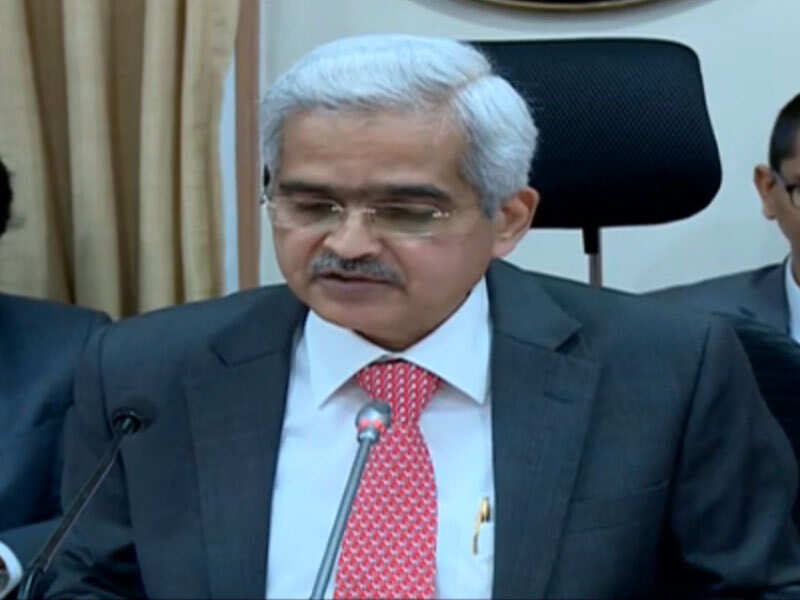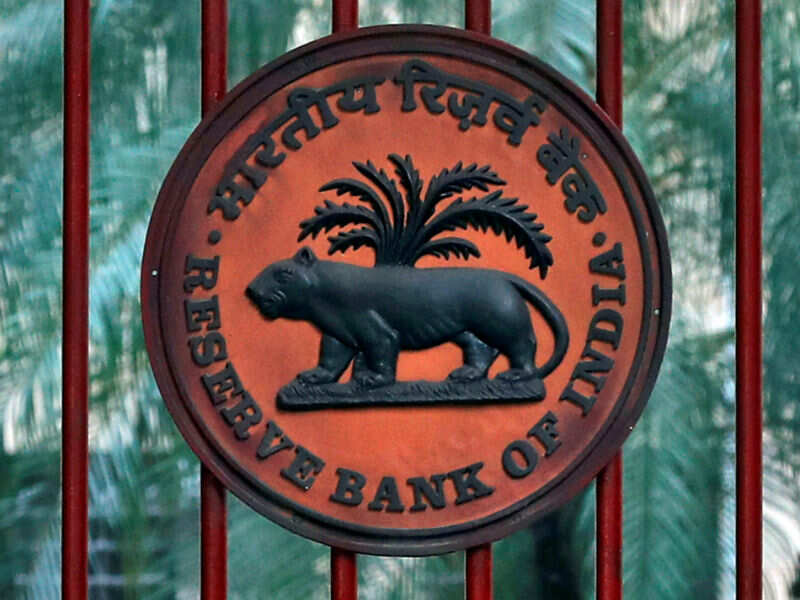RBI removes charges on NEFT, RTGS transactions
TIMESOFINDIA.COM | Updated: Jun 6, 2019, 13:43 ISTHighlights
- 'Banks will be required, in turn, to pass these benefits to their customers' and 'instructions will be issued within a week,' the Reserve Bank said
- In another development, the RBI reduced repo rate - the rate at which it lends to banks - by 25 basis points (bps) to 5.75 per cent
 (Representative image)
(Representative image)NEW DELHI: The Reserve Bank of India (RBI) on Thursday decided to remove charges on RTGS (Real Time Gross Settlement System) and NEFT (National Electronic Funds Transfer) transactions.
In a notification, the central bank stated that it "levies minimum charges on banks for transactions routed through its Real Time Gross Settlement System (RTGS) meant for large-value instantaneous fund transfers and the National Electronic Funds Transfer (NEFT) System for other fund transfers. Banks, in turn, levy charges on their customers. In order to provide an impetus to digital funds movement, it has been decided to do away with the charges levied by the Reserve Bank for transactions processed in the RTGS and NEFT systems."
It added that "banks will be required, in turn, to pass these benefits to their customers" and "instructions in this regard will be issued within a week."
The Reserve Bank has also constituted a committee to review the ATM (Automated Teller Machines) interchange fee structure.
"Usage of ATMs by the public has been growing significantly. There have, however, been persistent demands to change the ATM charges and fees. In order to address these, it has been decided to set up a Committee involving all stakeholders, under the chairmanship of the chief executive officer, Indian Banks’ Association (IBA), to examine the entire gamut of ATM charges and fees," RBI stated.
"The committee is expected to submit its recommendations within two months of its first meeting. The composition and terms of reference of the committee will be issued within a week," it further added.
In another development, the RBI reduced repo rate - the rate at which it lends to banks - by 25 basis points (bps) to 5.75 per cent. This is the third straight reduction in the rates in 2019.
In a notification, the central bank stated that it "levies minimum charges on banks for transactions routed through its Real Time Gross Settlement System (RTGS) meant for large-value instantaneous fund transfers and the National Electronic Funds Transfer (NEFT) System for other fund transfers. Banks, in turn, levy charges on their customers. In order to provide an impetus to digital funds movement, it has been decided to do away with the charges levied by the Reserve Bank for transactions processed in the RTGS and NEFT systems."
It added that "banks will be required, in turn, to pass these benefits to their customers" and "instructions in this regard will be issued within a week."
The Reserve Bank has also constituted a committee to review the ATM (Automated Teller Machines) interchange fee structure.
"Usage of ATMs by the public has been growing significantly. There have, however, been persistent demands to change the ATM charges and fees. In order to address these, it has been decided to set up a Committee involving all stakeholders, under the chairmanship of the chief executive officer, Indian Banks’ Association (IBA), to examine the entire gamut of ATM charges and fees," RBI stated.
"The committee is expected to submit its recommendations within two months of its first meeting. The composition and terms of reference of the committee will be issued within a week," it further added.
In another development, the RBI reduced repo rate - the rate at which it lends to banks - by 25 basis points (bps) to 5.75 per cent. This is the third straight reduction in the rates in 2019.
Download The Times of India News App for Latest Business News.







































All Comments ()+^ Back to Top
Refrain from posting comments that are obscene, defamatory or inflammatory, and do not indulge in personal attacks, name calling or inciting hatred against any community. Help us delete comments that do not follow these guidelines by marking them offensive. Let's work together to keep the conversation civil.
HIDE